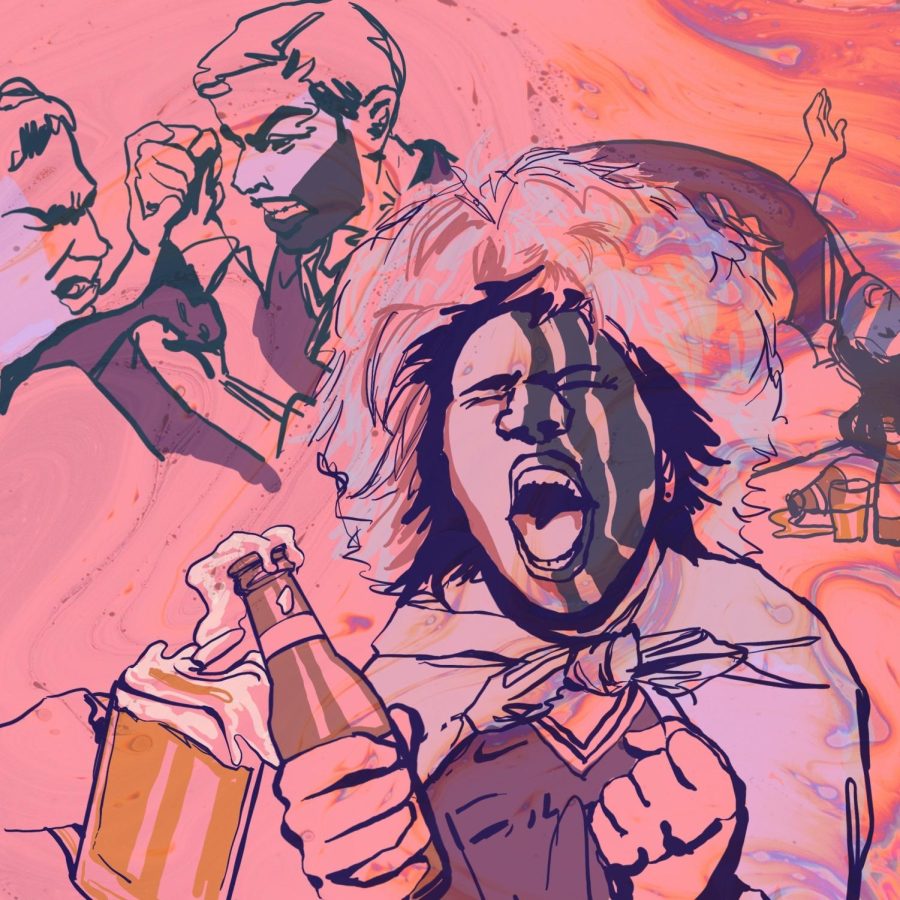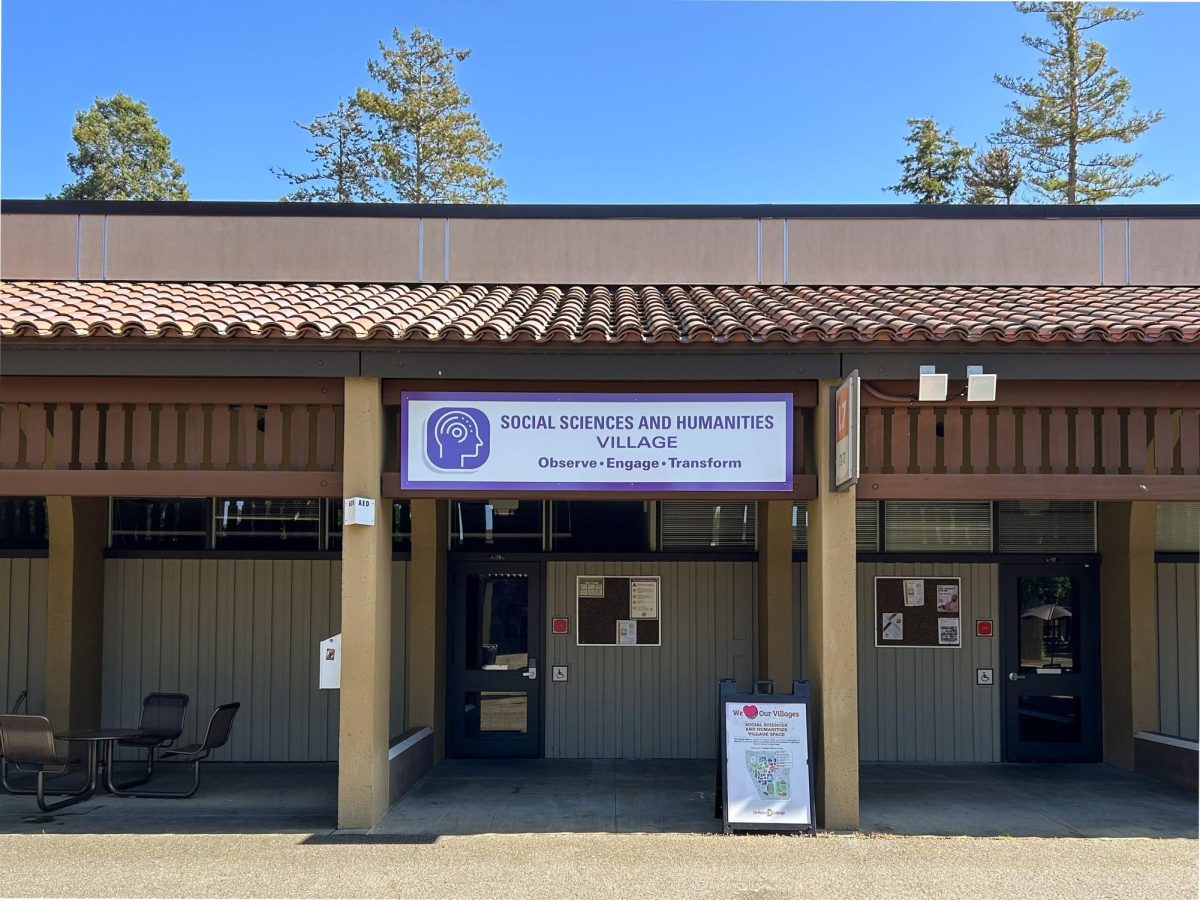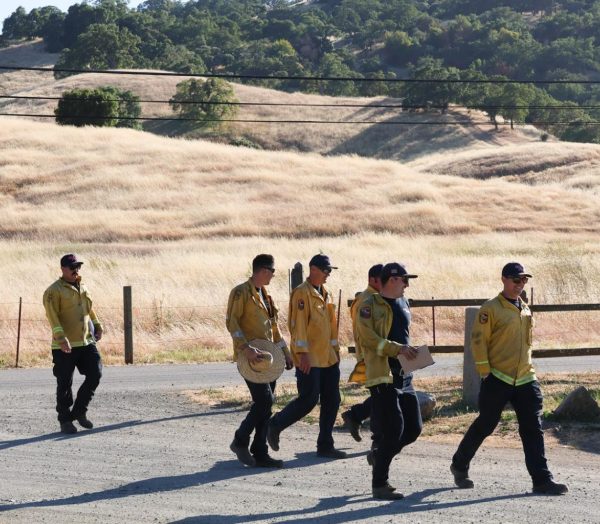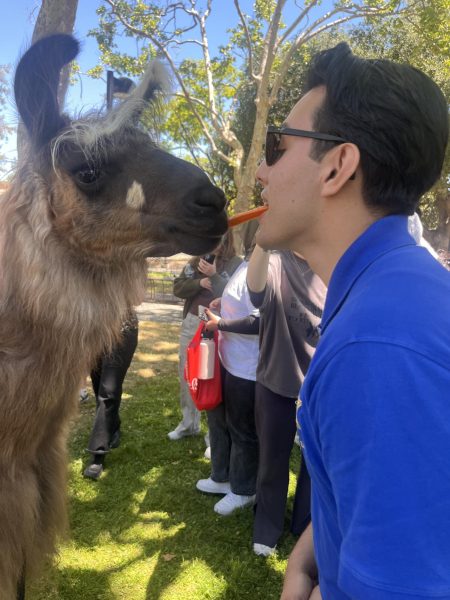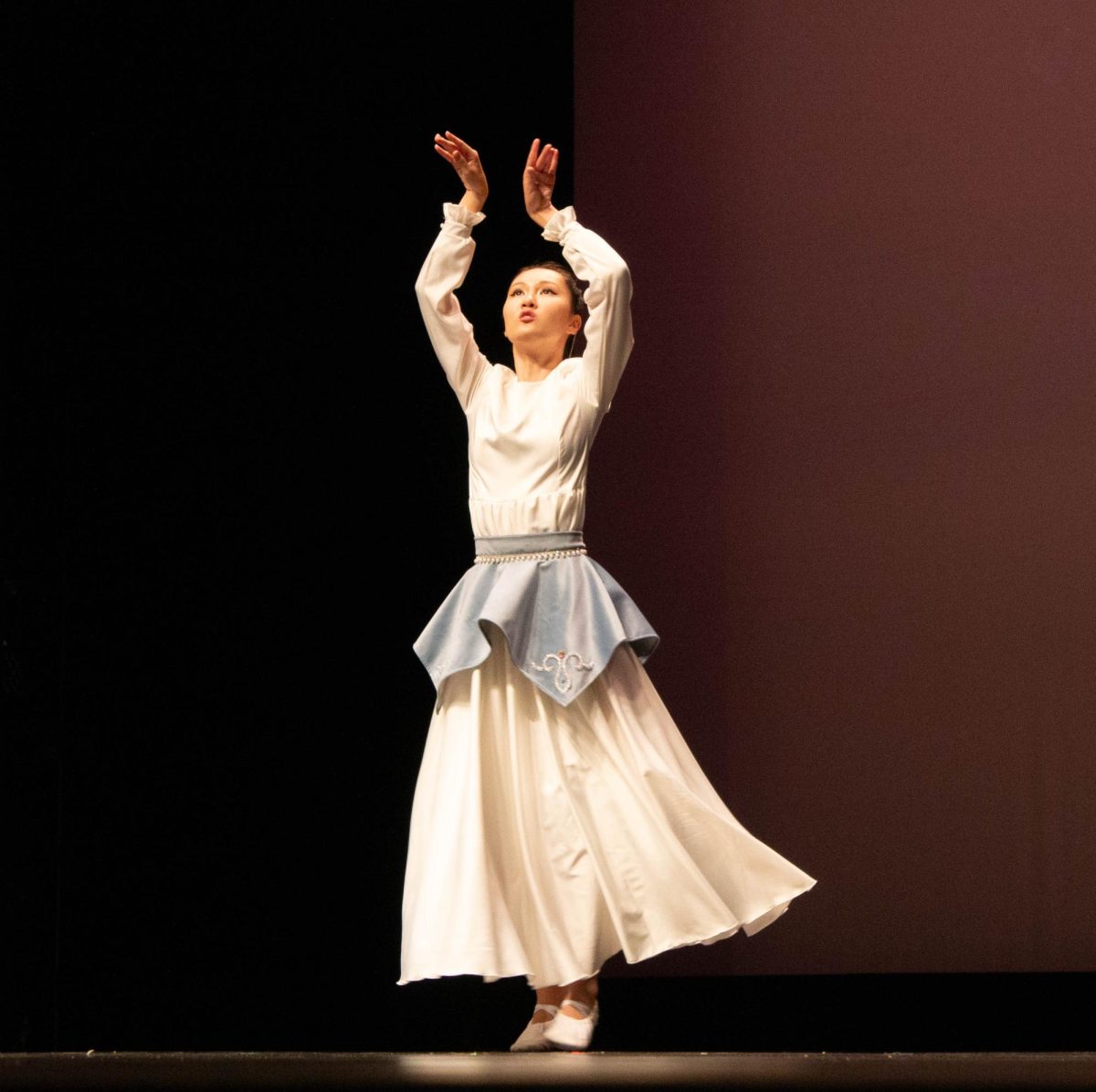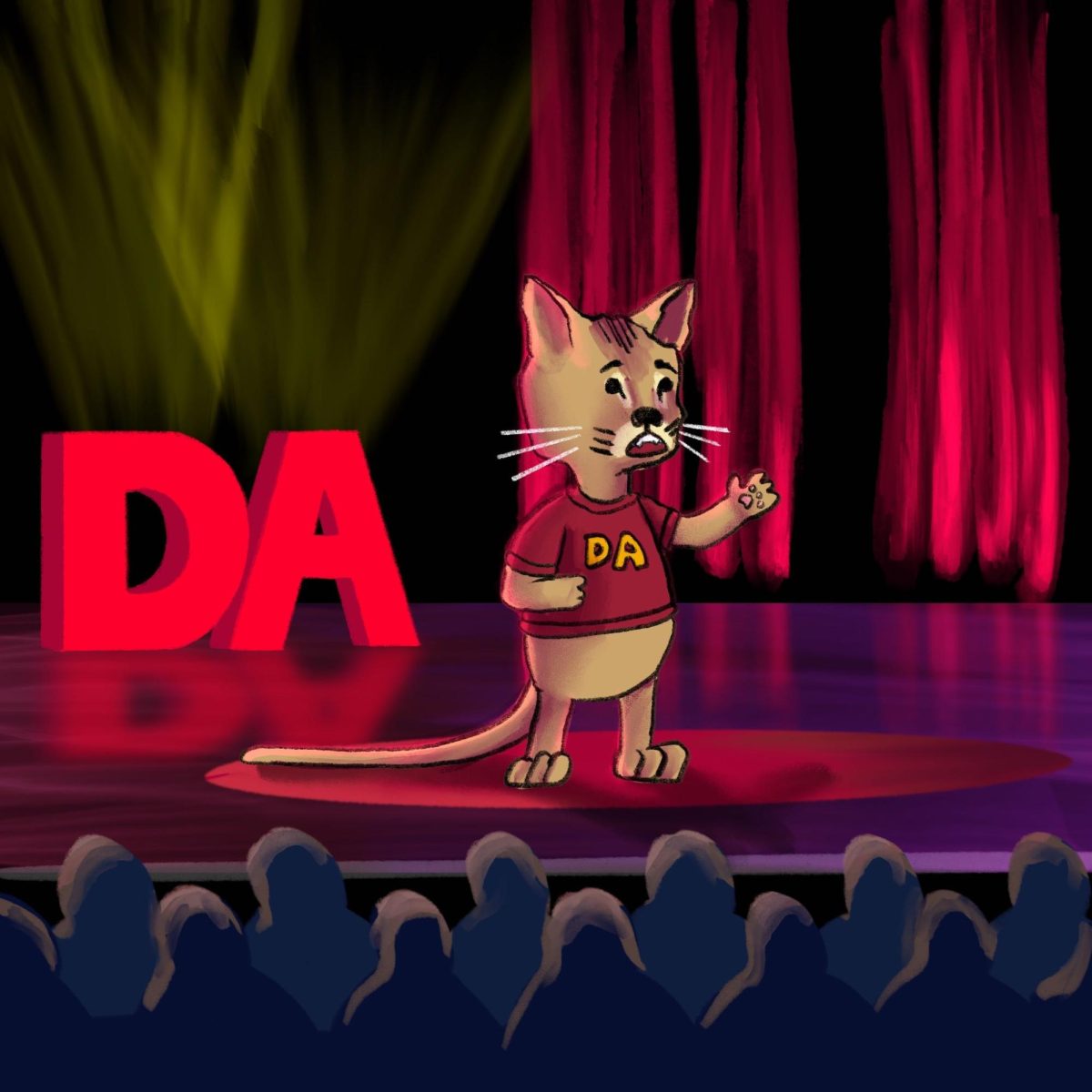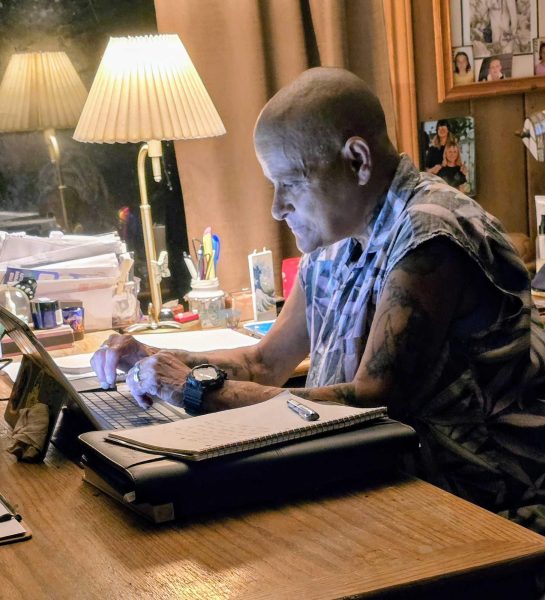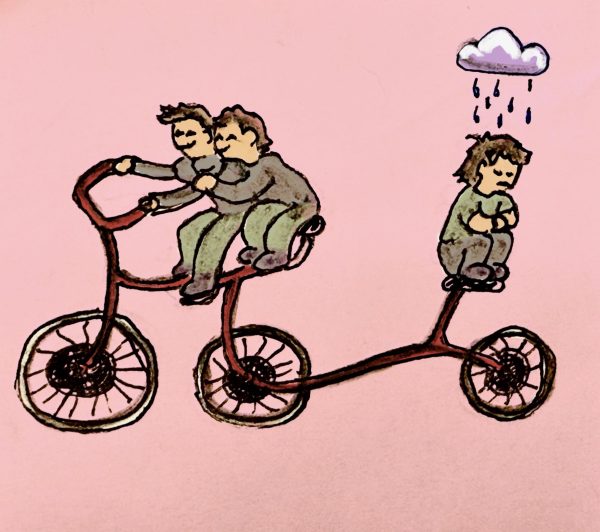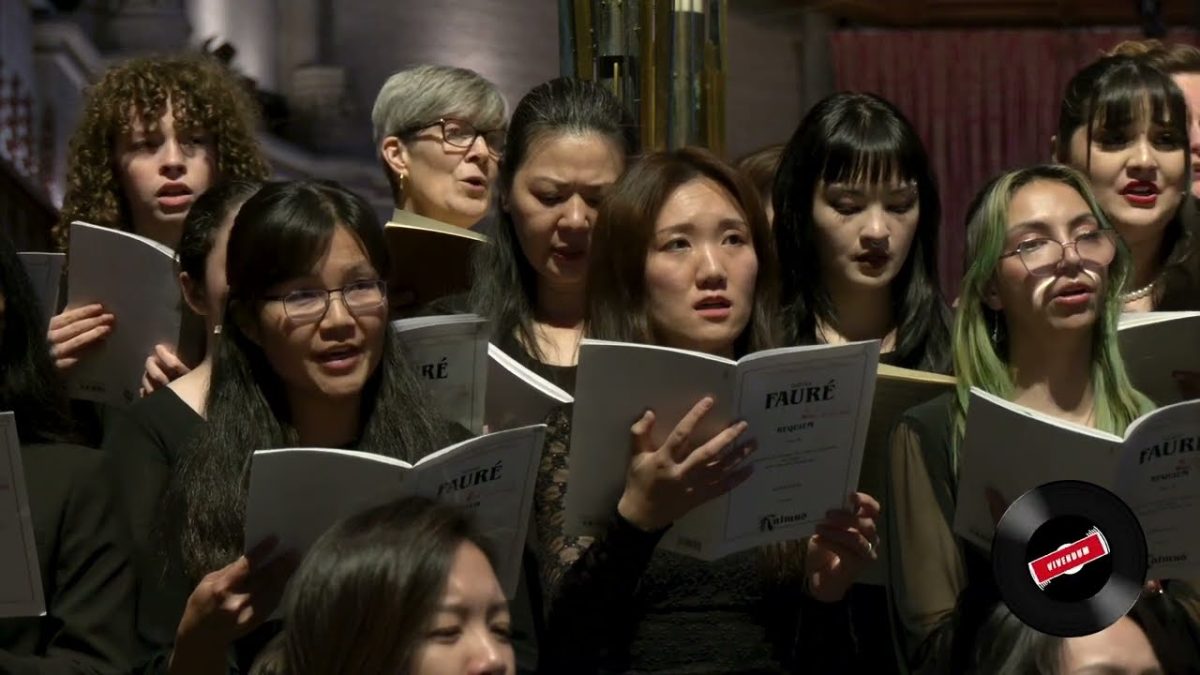Tips to avoid excessive alcohol use during March Madness
March 13, 2023
The NCAA March Madness Tournament is one of the most exciting sporting events of the year. It showcases the highest college-level basketball talents, but it is also a sure bet that for every tip-off at every game, students and fans are tipping back excessive amounts of alcohol.
Binge drinking, or a pattern of consuming alcohol that rapidly increases blood alcohol concentration, is most common among younger adults aged 18 to 34 and primarily occurs among men. Generally, among adult men, this entails five or more drinks in two hours and four or more drinks in two hours for women.
Statistically, in Santa Clara County, 82% of the population has used alcohol in their lifetime. Yet, only 5% perceive any harm from binge drinking.
Severe consequences affect college students, their families and college campuses.
While poor academic performance is the most obvious, drinking alcohol in excess increases the risk of alcohol poisoning and drug overdose, especially with fentanyl. Alcohol use impacts decision-making and judgment. The cities of San Jose and Sunnyvale, for example, have reached close to 70 fentanyl-related deaths combined this year.
Other severe risks include violence, DUIs, sexual assault, assault, personal injury and even death. While March Madness positively impacts every school involved, because heavy alcohol use is common at most large sporting events, students and fans alike are exposed to the influence of heavy alcohol consumption.
This can be particularly challenging for individuals who are recovering, avoiding alcohol use or wanting to participate responsibly. Fortunately, there are practical methods that anyone can use to prevent excessive alcohol use during March Madness.
“Preventing binge drinking or excessive alcohol consumption begins with awareness campaigns and practical preventative information for younger adults,” said Marcel Gemme, CEO & Founder of Addicted.org.
Suppose someone is in recovery from an addiction or they are avoiding alcohol in their lives. It is a good idea to begin identifying any relapse triggers – anything that could trigger a person to want to consume alcohol.
This could include people, old friends or acquaintances, bars, parties and any environment that could stimulate alcohol use. It is best to avoid these or set clear boundaries and limitations to avoid diving in head first.
Go with other sober and like-minded people when attending any games, viewing parties or post-game celebrations. Bring non-alcoholic beverages or practice saying no when being offered alcohol. Have an exit plan if things become too much to manage. Always ask for help from friends, family or peers when needed.
In contrast, many people of legal age choose to drink casually. In that case, stick to one or two alcoholic beverages during the game. Drink plenty of water and have a full meal to avoid drinking alcohol on an empty stomach. Avoid drinking games and any environment that promotes heavy alcohol use.
Do not drink and drive.
If someone is struggling with a substance use disorder, they must receive help, as any addiction worsens with time and no treatment.
Overall, it entails planning and deciding to make responsible choices. March Madness is one of the most invigorating sporting events of the year, yet participating in the celebrations should never cost anyone their health or future.



